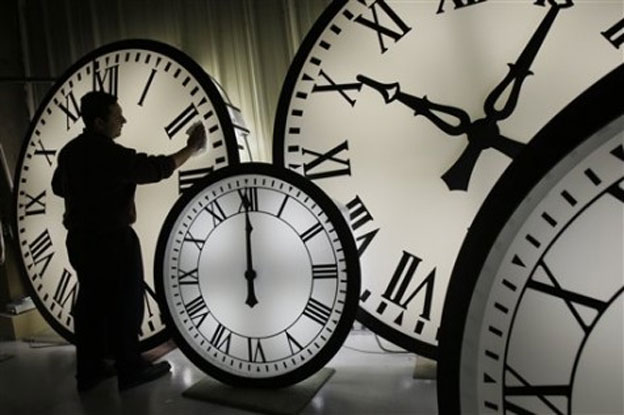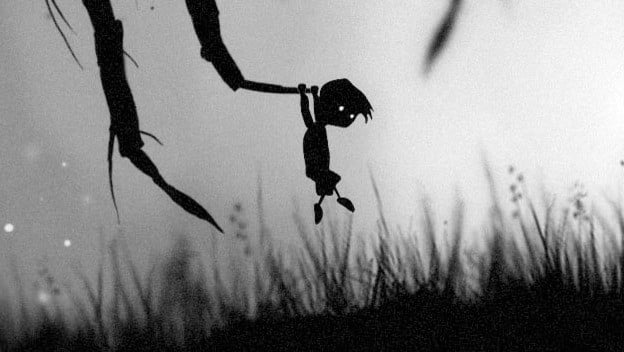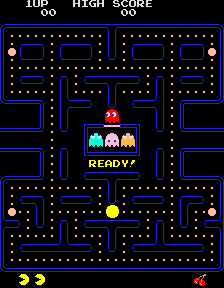Every time a game comes out that’s both good and short—think Limbo or Insanely Twisted Shadow Planet—the debate about length reignites. Developers, especially indies, typically come down on the side that says length doesn’t matter—only quality does.
They’re not always correct or at least not the way that players think about it. While length doesn’t matter much in and of itself, the ratio of a game’s length to its price is important. Simply put, with any product, consumers feel ripped off if they pay a given price and get less than they expected. If the product is also of a higher quality than they expected, this might soften the blow, but the feeling of having been cheated will linger.
Invalid Comparisons

One argument that many developers put forward is that entertainment is somehow an exception to this rule. They like to point out that we don’t judge movies, books, or music albums based on how long they are. These are highly misleading counterexamples, however.
While movies and albums are typically priced the same no matter what length they are, their lengths don’t vary much – movies normally fall between ninety minutes and two and a half hours, and albums are usually forty to eighty minutes. If a movie-style product falls outside that range, it will often be released as a short, a TV miniseries, or a series of several movies—and its price will reflect that. Similarly, music products that don’t fall within the normal parameters for an album are sold as singles, EPs, and boxed sets—and their prices, too, reflect the length of the content. Books are a little less restrictive (though popular fiction tends to stay in a narrow range, maybe 250 to 450 pages), but even they can cost more as they get longer.
Different Pay for Different Amounts of Content

So, while the players don’t “judge” other forms of entertainment based on how long they are, the gaming ecosystem definitely pays different amounts for them based on length. In other words, the length-to-price ratio stays somewhat consistent and they would complain if they had to pay full price for a “movie” that was twenty minutes long or an “album” that had only two short songs on it. There’s no reason to expect video games to be any different.
Developers also like to claim that the amount of time spent playing a game doesn’t matter; what matters is the impression players are left with. If a two-hour game changed their life, it might be worth a lot of money. But for the most part, the best thing about a game—even an exceptionally good game—is the entertainment it provides while playing it. In that respect, a great ten-hour game is twice as good as a great five-hour game. A great five-hour game might be better than a bad ten-hour game that should have been trimmed to five hours, but in that case, the developers should cut the unnecessary content and then charge less. It’s true that extra length is sometimes just fat, but that’s no excuse for trimming the fat and then charging for it anyway.
Problems with Price-Point Formatting
One problem with video games is that they don’t have discreet formats for content of different lengths. Rather than being divided into different categories that reflect different lengths—like an EP, a boxed set, or a movie trilogy—games are all sold as either discs or downloads. There’s an exception for DLC, which tends to be a fraction of the length of the original content, but for the most part, a game is a game is a game, whether it’s a sixty-hour RPG or a six-hour first-person shooter. That complicates the picture and makes it easier for game makers to standardize their pricing regardless of length.

Another problem is that different kinds of games can cost different amounts to make, or can have different lengths for different players. A sidescroller that takes ten hours to beat will cost less to develop than a blockbuster 3D action game that takes that long. Similarly, a strong multiplayer component or a lot of replayability can expand the length of a game almost indefinitely for players who fall in love with it. These factors also complicate the picture, and gamers should think about them before accusing developers of ripping them off.
Final Point
But the main point still remains: If players paid $15 for a four-hour, two-dimensional, downloadable game—that’s the price point at which Limbo and Insanely Twisted Shadow Planet were released — you have every right to whine, even if the game was really good. Ditto if they paid $60 for a single-player action game that lasts five hours, like Wanted: Weapons of Fate. Developers should respect their customers’ expectation that a game’s length will reflect the amount of hard-earned money they spent on it—because without that hard-earned money, developers can’t keep making games.
*The views expressed within this article are solely the opinion of the author and do not express the views held by Cheat Code Central. This week’s is also purely a work of fiction*
